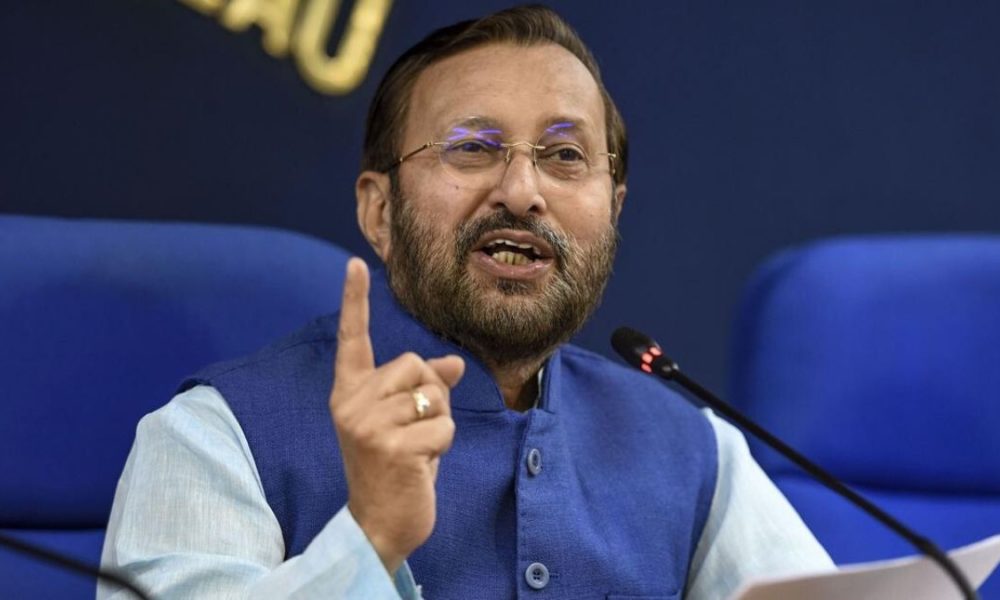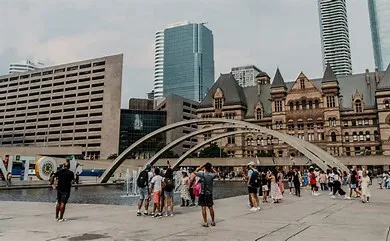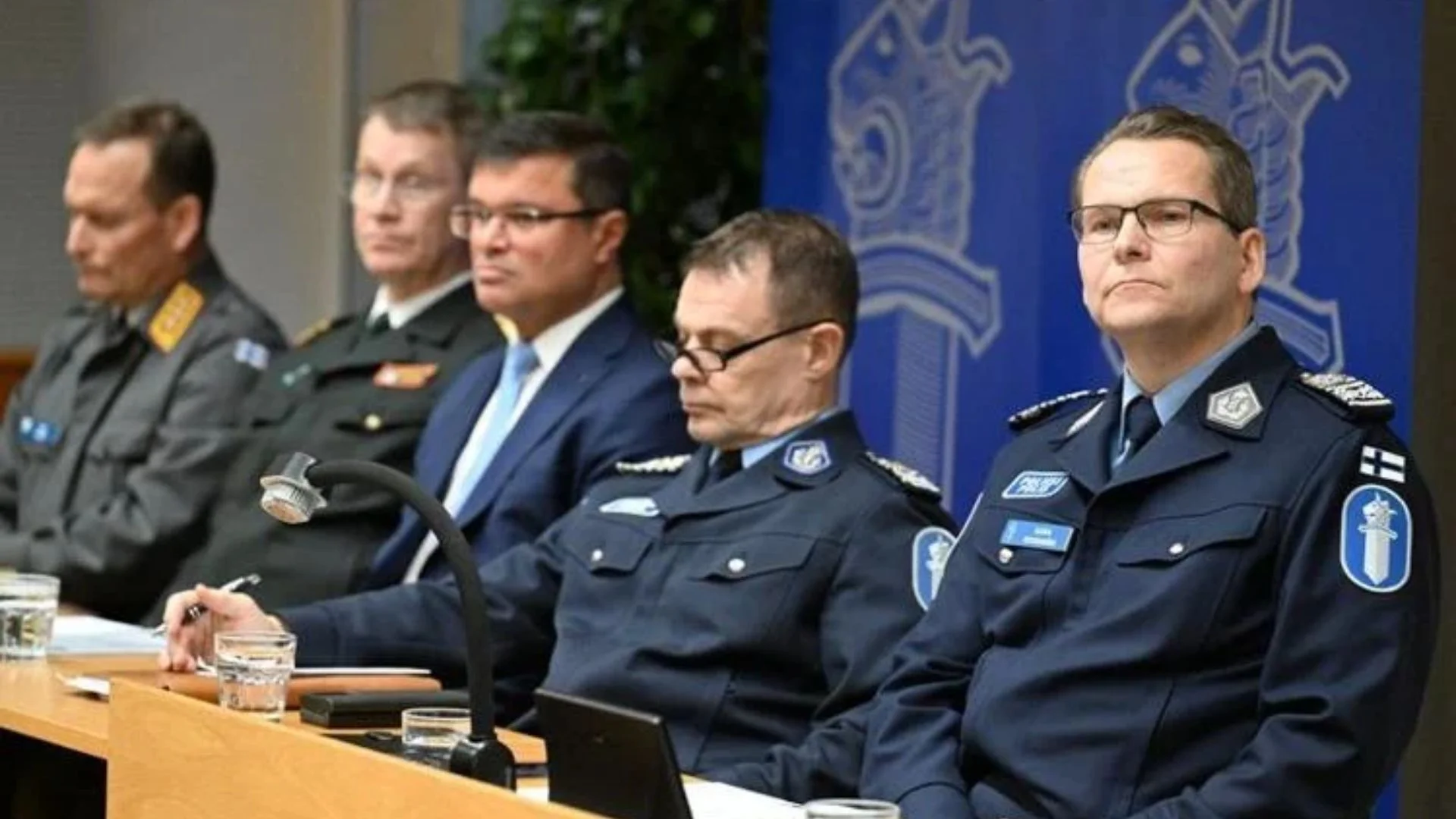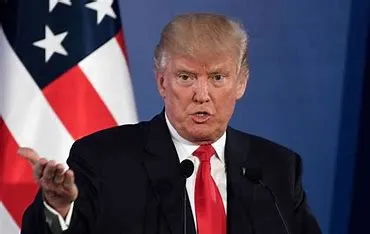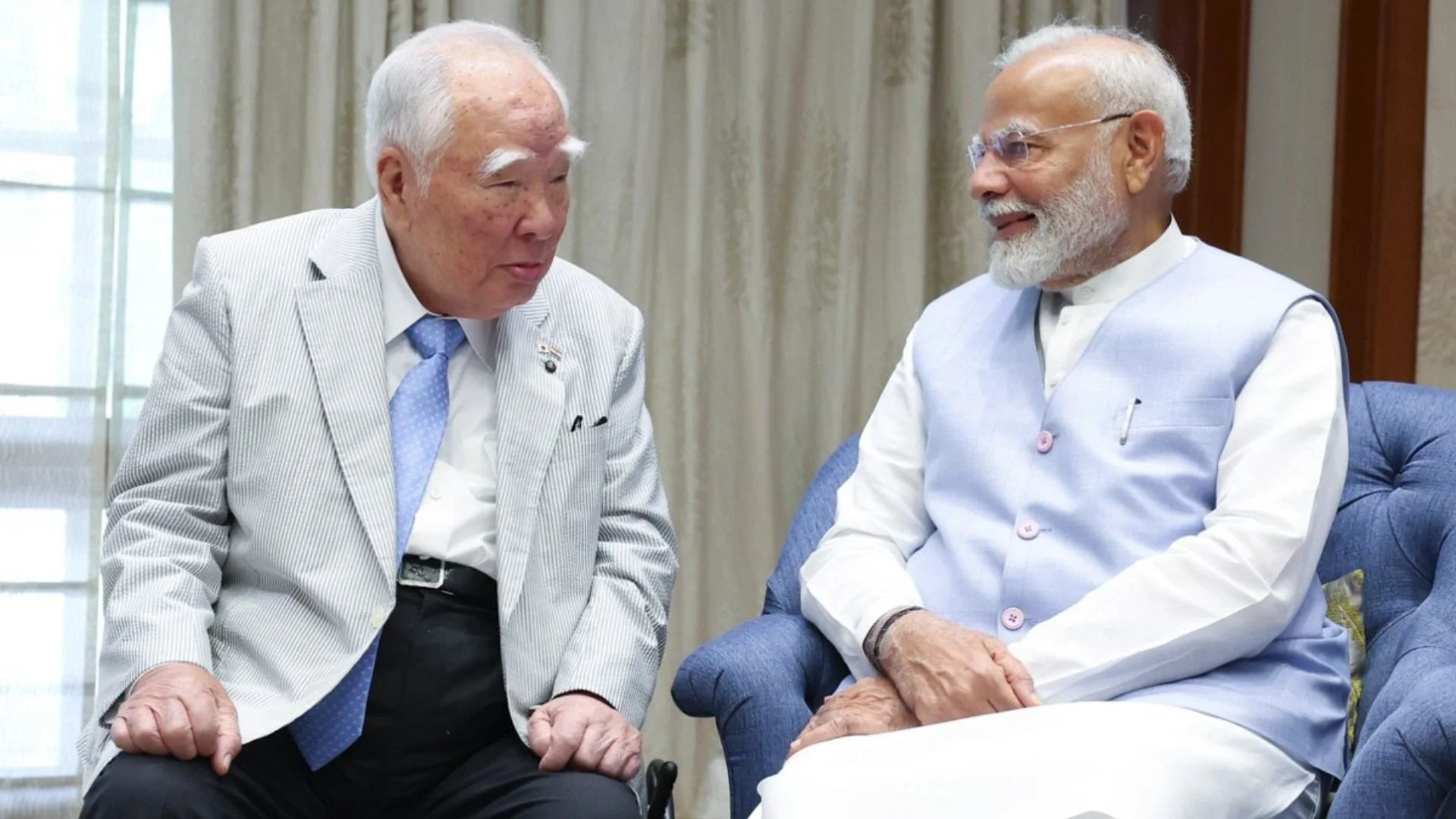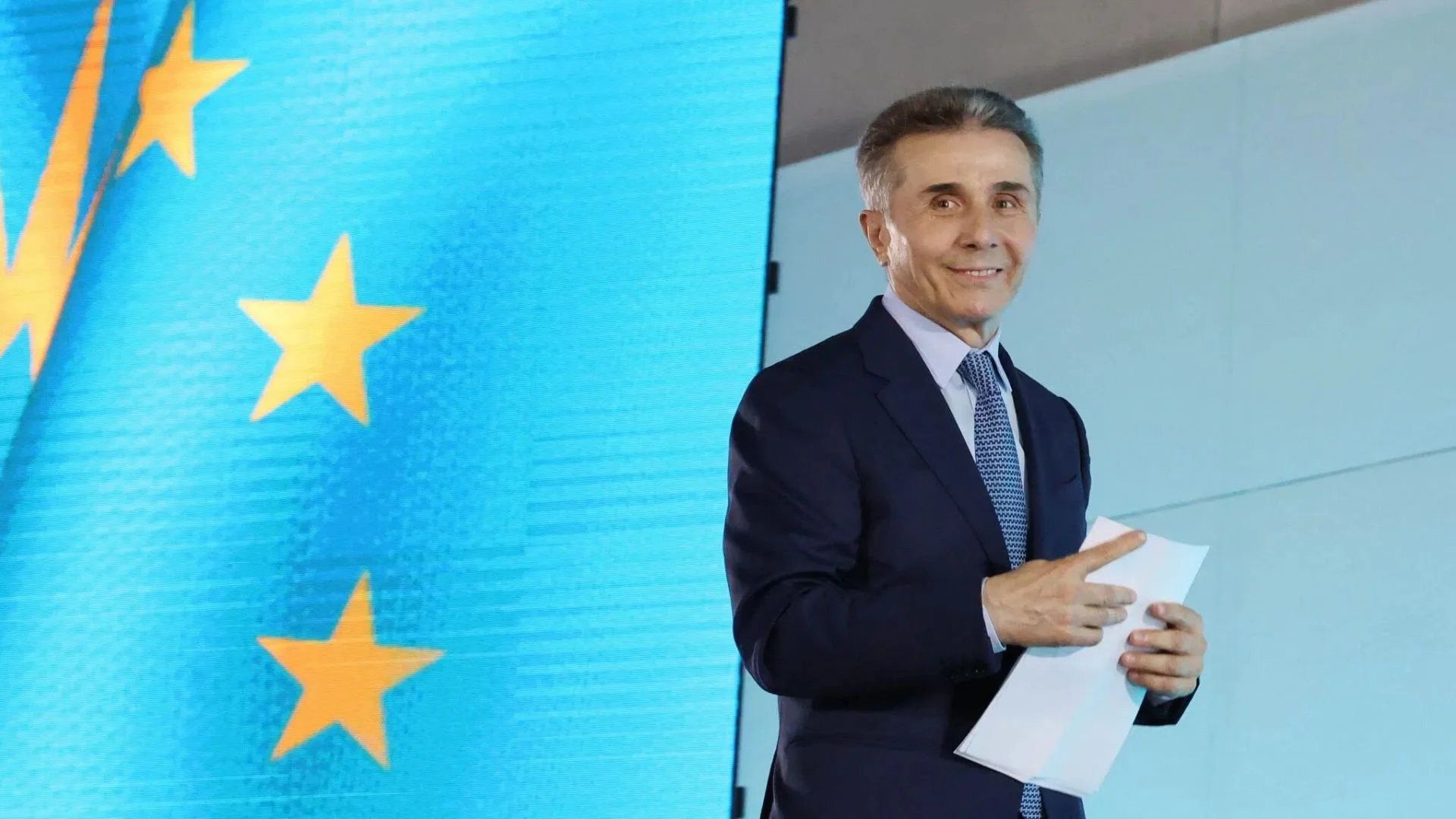Q: How do we keep the morale of industries up?
A: The morale of the Indian industry has not gone for a toss. Only one-month salary or maybe two-month salary is in question. March, everyone has worked till 25th. So that is not the issue, and April is the only month that is affected and that too for 15 days. Barring Mumbai and Delhi, work has started outside — like Manesar. So, once workers take part in employment activity, he is not burdened. You don’t need to ask for alms to pay, because that one-month salary is with you anytime.
Q: How can we communicate better that there is a value and cost for doing reforms?
A: Today’s reforms are nothing but liberating the farmers from the clutches of monopoly. He was forced to sell at a particular place and particular agency. Now, the farmers can go to the market and choose his buyer. Amendment in Essential Commodities Act is a welcome feature. It was languishing for the last 20-30 years. This law was brought in 1955 when there was scarcity of food. Now there is no scarcity of food. So, stopping farmers from exporting is injustice. The government has titled it as right of right price. Now, the farmers have got the right to decide the right price and get it. So that they can bargain with anybody and the farmer can have a deal with the buyer permanently or for a limited.
Q: Rs 75,000 crore that has been spent for MSP procurements. This has probably saved the agricultural economy of India. You might see an agricultural boom. How is the direct cash transfer to the beneficiaries making a difference?
A: Rajiv Gandhi used to say that he used to send Rs 100 to the poor and they would get just Rs 15, now Modi sends Rs 100 and Rs 100 reaches the bank account of the poor. This is a revolution made possible by Aadhaar, Jandhan and mobile. And now also the PM is saying that we need to change land laws, labour laws, and, at the same time, laws themselves. And so, what industry wants is not money, industry wants law changes and infrastructure. We have just 15% corporate tax for newcomers and the new investments coming to India. New industries will be benefited.
Q: How do we show sympathy to the people who have been under lockdown?
A: Let us wait for the new concessions that are coming. We will also know the good news soon.
Q: Which are the industries that you are seeing where India can make a complete change?
A: When we came to power in 2014, environmental licence used to take 640 days on an average. We have brought it down to 100 days and we will reduce it to 50 days. There will be increased focus on implementation.
Q: How do we expedite the process of starting and fast-tracking new projects?
A: Modiji pays attention to every detail and has detailed planning and time-frame. He will definitely achieve those. Politics of entitlement has changed to the politics of empowerment. And this is not just for the poor but for the well-off also. Now, there is no licence raj, you will get benefited because of your merit.
Q: What do you see as an opportunity here as far as the environment is concerned?
A: Opportunities are always there, but let’s not be romantic about it. There is zero industries and traffic these days and hence there is no pollution. Last 10 days when the industries have opened, there is a little bit of pollution. I am going to write to the CMs to take care of the environmental norms and pollution rules.
Q: How do we get Brand India on the world map?
A: Amul is doing good and so is Khadi. It’s a brand today and we have thought of branding 10,000 products in the health sector. Branding is very important.
Q: How do we push forward solar and electric projects?
A: I think renewable energy targets have been revised upwards by the PM to 450 gigawatts at the UN. We are moving in this direction. We will have more e-cars and wind and solar energy usage. We will produce more power and utilise it better.
Q: How do you plan to encourage the winner-gets-the-contract scenario across the board?
A: If you innovate something very useful, then people buy it immediately. You need some sponsorship to bring it from the lab to land initially. We are giving away corporate sponsorships. Corporate India has also invested in many ideas to take it to a logical end. And hence the idea of hackathon has become India’s grand challenge.
Q: How do we get young entrepreneurs in agriculture?
A: Youth is taking up agriculture more vigorously. There are young sarpanchs and agri-entreprenuers and they have gone back to the farms and are adding value to their production and making it profitable.
Q: How do we keep up the tempo of governance going of taking quick decisions?
A: I think there will be no brickbats. Today, we need to help the migrant workers and we need to help them. We have started special trains, 300 trains every day. 10 lakh people have gone back. We haven’t been able to use the capacity to the fullest.
Q: Has the value of the migrant labourers been understood today?
A: I think, yes. Tatas are great because they built Jamshedpur township first then they built the steel plant. Kirloskar did the same. Now, no one wants to take responsibility of employees and workers. We have built affordable housing and affordable rental accommodation but the corporate world also needs to take responsibility. Else, we will face the problem. We need to pay the right price for the assets.

